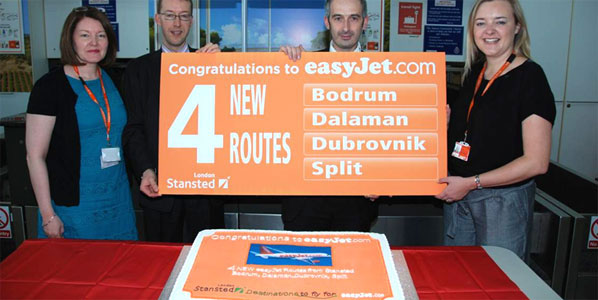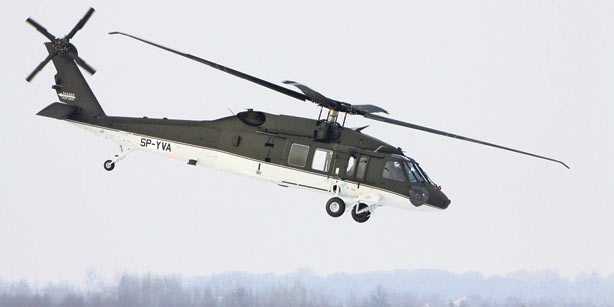Asa Fitch

Invest AD, an investment company owned by the Abu Dhabi Government, is teaming up with a Japanese company to launch a US$100 million (Dh367m) buyout fund focused on Turkey.
The joint venture between Invest AD and Japan’s SBI Holdings will be the second for the two companies after they set up a $100m Africa fund last year. Each party will contribute $50m to the Turkey fund, according to a statement.
“We’re developing a strong long-term interest in Turkey, a strategically important country in the region which has seen robust economic growth in the last 10 years,” said Nazem Fawwaz al Kudsi, the chief executive of Invest AD.
The Abu Dhabi company already has an interest in Turkey through its existing private-equity funds. The company in 2009 bought part of Ekol Logistics, which handles shipments of goods between Turkey and Europe.
Middle East buyout companies have been enamoured of Turkish investments for some years, thanks to Turkey’s steady economic growth and close trade ties with Europe. Abraaj Capital, the region’s biggest private-equity company, has investments there, as do a number of other regional players.
Economic growth in Turkey last year hit 8.2 per cent, according to IMF figures. The IMF estimates growth this year at 4.6 per cent.
For SBI, the partnership will yield access to Invest AD’s experience in the region, said Yoshitaka Kitao, SBI’s chief executive. The companies plan to open an office in Istanbul to run the fund.
“We’re looking to expand SBI Group’s asset management activities across the world through partners with on-the-ground expertise,” Mr Kitao said, adding he had a “strong belief” in Turkey’s economic prospects.
Invest AD and SBI are considering investments in consumer goods, food, retail, services and health care, and may bring outside investors into selected deals.
The launch of the joint fund comes as capital flows from the Gulf into Turkey enjoy an upturn. With uprisings denting investment prospects in such places as Egypt and Tunisia, Middle Eastern investment companies are looking increasingly to Turkey for new investments. Foreign direct investment from the Gulf was expected to rise this year, the Turkish deputy prime minister, Ali Babacan, said in February, after having already “risen considerably”.
via Invest AD partners in Turkey fund – The National.


 The start of London/Stansted-Bodrum services exactly a year ago.
The start of London/Stansted-Bodrum services exactly a year ago.
 The word mausoleum derives from the tomb of King Mausolus which was built at Bodrum in 350 BC and was one of the Seven Wonders of the World. It was eventually destroyed by earthquakes in 1404 although remnants of the marble four-horse chariot that crowned the roof can be seen in the British Museum (where only a few select Brits ever venture; preferring the unspoilt beaches of Bodrum).
The word mausoleum derives from the tomb of King Mausolus which was built at Bodrum in 350 BC and was one of the Seven Wonders of the World. It was eventually destroyed by earthquakes in 1404 although remnants of the marble four-horse chariot that crowned the roof can be seen in the British Museum (where only a few select Brits ever venture; preferring the unspoilt beaches of Bodrum).



